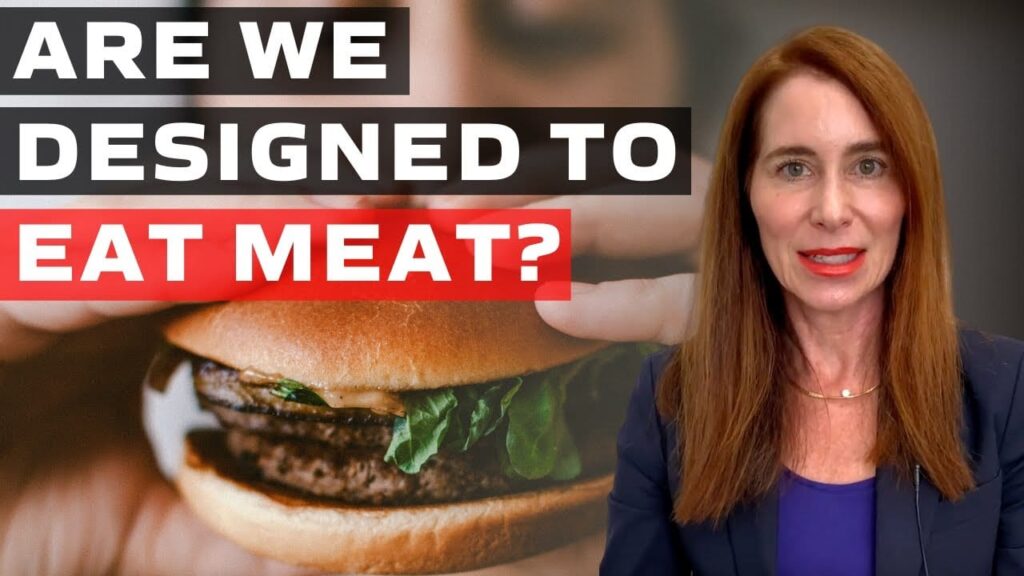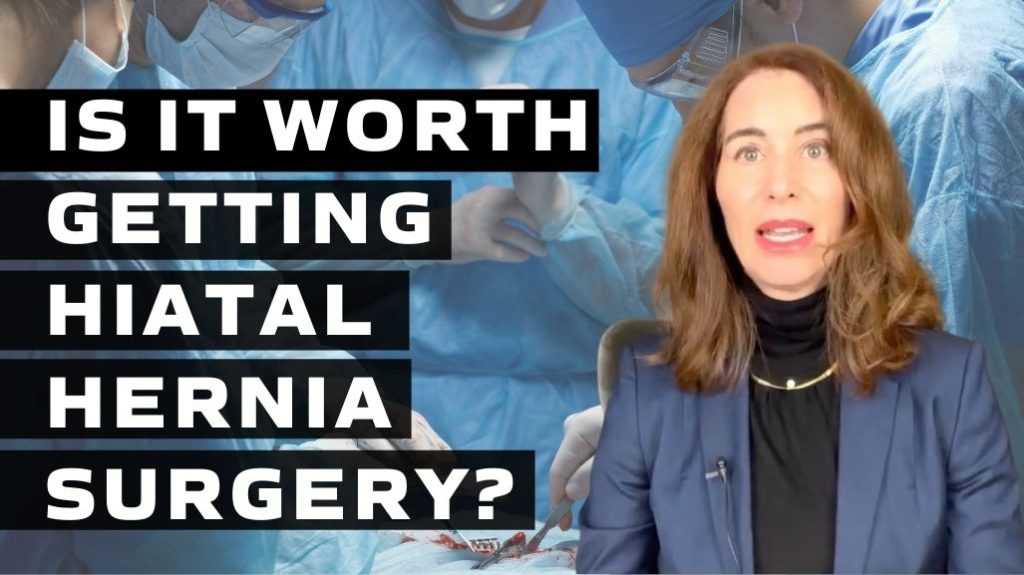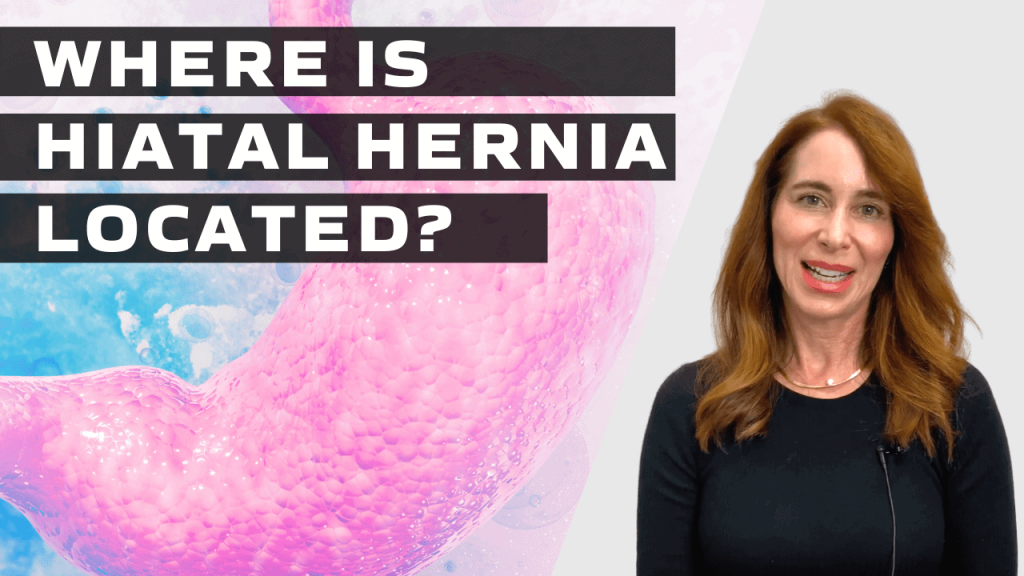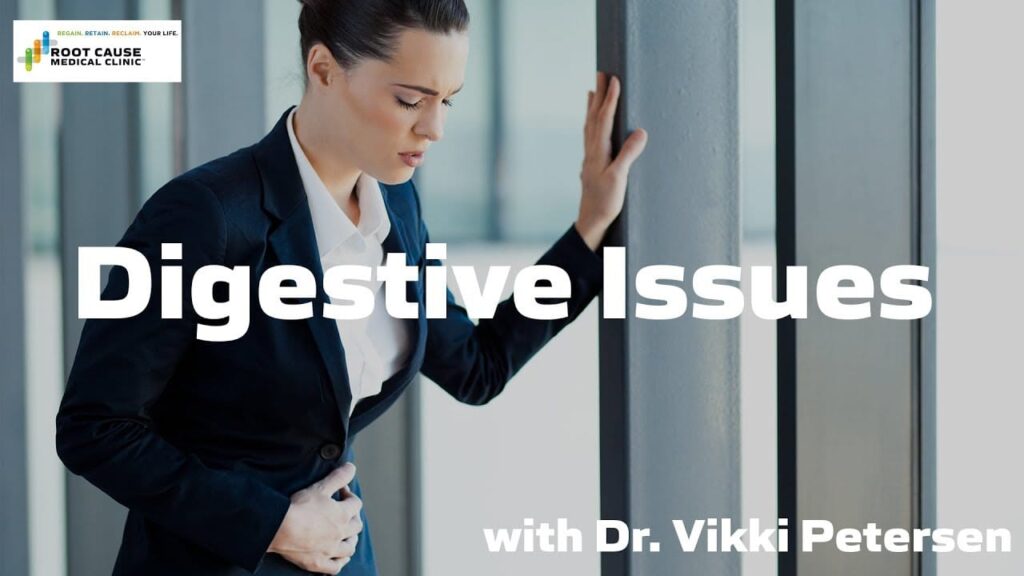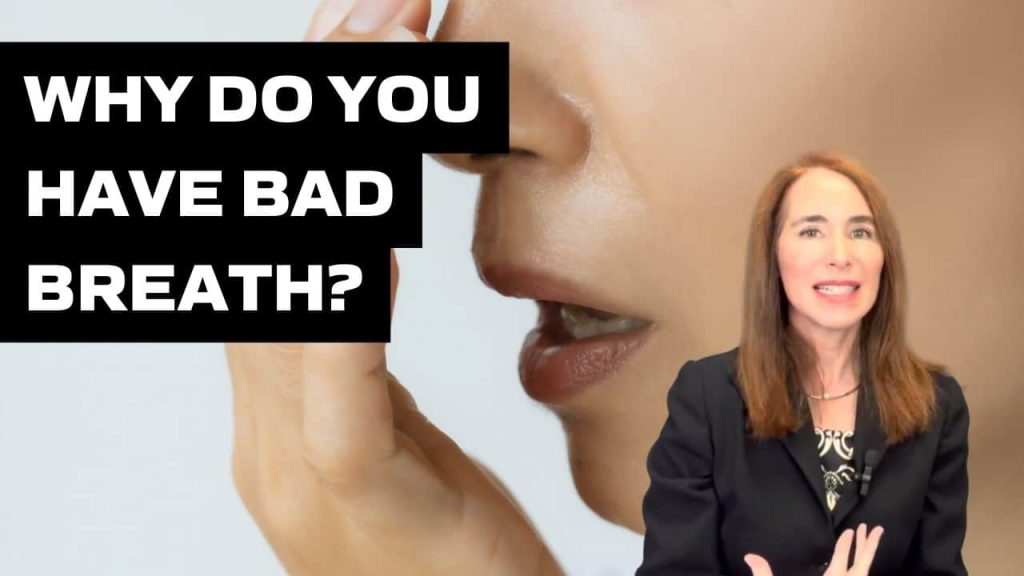Proteins: Are You Sure You Are Getting Enough?
Enough protein in our diet? What the research says.
What you will learn about
Summary
In this video, Dr. Vikki discusses the common misconceptions and debates surrounding protein intake. Protein is vital for health, with the recommended daily allowance (RDA) being 0.8 gram per kilogram of body weight. While elite athletes require more, the average person below 65 years can obtain sufficient protein from both plant and animal sources. Plants provide all essential amino acids, though beans and grains differ in their amino acid profiles. Despite debates, research indicates that the average American consumes 1.4 to 1.5 grams of protein per kilogram, which is more than adequate. As people age, the requirements increase, but activity level is also crucial. Overall, Americans consume enough protein but lack in fiber, fruits, and vegetables while consuming excess sugar and refined foods.
Key Points:
- Recommended protein intake is 0.8 gram per kilogram of body weight.
- Elite athletes require more protein due to muscle building and high-calorie burn.
- Both plant and animal proteins provide essential amino acids.
- Beans are lower in methionine, while grains are lower in lysine.
- The average American consumes 1.4 to 1.5 grams of protein per kilogram.
- Older individuals (above 65) might require up to 1.2 grams per kilogram.
- Exercise is more crucial than protein intake for muscle building.
Transcript of the video
— by Dr. Vikki Petersen
Have you heard you’re not getting enough protein? Or are you getting too much protein? There’s a lot of discussion about protein and it could be pretty confusing. I guarantee you, you’re going to feel a lot better, a lot better about this once we get to the end of this video.
Proteins: how much is enough?
Protein is absolutely critical for life and health, and so we need a certain amount. How much do we need? There’s a sort of RDA, how much an average person needs, and you see that quoted a lot on 0.8 grams. It’s 0.8 grams of protein per kilogram. If kilogram confuses you because you live in the United States like I do, you just take your weight in pounds and divide it by 2.2 and then you get kilograms. Then you’re in kilogram land.
The big confusion is how much, how old are you, and are you an elite athlete?
I think we’re all very clear on the fact that elite athletes are building muscle, they’re burning a tremendous amount of calories and they therefore do need more protein. Okay, fine. And then hear about athletes that all they do is eat a tremendous amount of protein and then they’re not living as long. So we don’t want that either.
But let’s look at our average human below the age of 65. They’re trying to stay healthy. They’re trying to keep a good weight, and they want to make sure they’re getting enough protein. Can they do that through eating plants? Yes. Can they do that by eating animal protein? Yes. Is there a huge difference between the two? I use the word “huge” for a reason because there’s not a huge difference between the two.
Proteins: plant vs. meat
Plant protein has all 20 amino acids. It has all nine essential amino acids. The difference is that beans have less of an essential amino acid called “methionine”. And grains have less of an essential amino acid called “lysine”. But then grains are higher in methionine, balancing out the beans. So a lot of times you hear people who are plant-based say, “Take your whole grains and balance them out with beans”.
You hear quinoa as a grain that has all nine essential amino acids. All of these things are true. And if you take a step back, is animal protein a little bit better as far as its overall compliment of essential amino acids? The answer is yes. Does that mean we all have to be carnivorous or omnivorous (meaning we’re eating both)? No. Why is that?
The truth of the matter is that if you look at what average humans need, and you can argue: is it 0.8? is it 1.0? Is it 1.2? Kind of doesn’t matter why? Because the average American is apparently eating (according to research) 1.4 to 1.5 grams of protein per kilogram. They are getting more than enough of what they need. And as soon as you’re getting more than enough, guess what? You’re getting plenty of the complement of amino acids, both essential and the regular.
So if you’re eating a 100% plants and you’re not eating any animal protein at all, and you’re an average American, you’re getting all the amino acids you need because that extra grams that you’re consuming is enough to give you enough extra amino acids to do what you need to do.
Now, let’s just say you were eating the minimum of 0.8 grams and you were only eating plants and you weren’t even eating a good variety of them. You weren’t very diversified in your diet. Then you might be treading a line that’s not as healthy because you’re at the lower end and you don’t have enough variety in your diet. And you could be getting a little bit low in the methionine or lysine, these critical essential amino acids.
Research findings concur
But most Americans are not in this category by a country mile. They’re at 1.4 to 1.5 grams per kilogram. You’re getting plenty, so you can stop worrying about protein. You can truly stop worrying because you’re getting enough: by research standards, average American, you are getting enough.
It is so interesting because they did so many studies where they were trying to have people eat less protein and have them eat more protein. Humans just kept coming back to this. Somewhere around 20% of their calories were coming from protein. And by all estimates, 16 to 18% again is plenty.
 On his podcast, Simon Hill had Stuart Phillips and Christopher Gardner, and it was slated as this: “Oh, Stuart Phillips is more on the carnivore side and Christopher Gardner’s on the plant side, and they’re going to duke it out and it’s going to be great“. It turned out they both agreed.
On his podcast, Simon Hill had Stuart Phillips and Christopher Gardner, and it was slated as this: “Oh, Stuart Phillips is more on the carnivore side and Christopher Gardner’s on the plant side, and they’re going to duke it out and it’s going to be great“. It turned out they both agreed.
Stuart, who was on the side of animal protein exclusively, said, “If you’d been talking to me 10-15 years ago, I would’ve said: oh yeah, plant protein is so deficient“. Now he goes, “I come to realize it’s just fine“. Christopher Gardner, same thing. They had this meeting of the minds that nobody really foretold, but it was relaxing because there’s so much argument about it and maybe you’ve been confused.
I am strongly plant-based. I encourage my patients to be strongly plant-based. That doesn’t mean we require patients to be vegan. We do not. But certainly, I’m constantly trying to stay on the cutting edge of what research is telling us. And it’s nice to sometimes just step back and just synthesize what is it telling us? And what I’m hearing again and again and again and again — and I’ve been just really diving into this the last several weeks — is we’re getting plenty.
The outliers
Now, who are the outliers? The outliers in this situation are people who are just not getting enough calories. That makes sense. The other outlier is that as we get older, we do need more proteins. So if 0.8-to-1.0 was fine under the age of 65, now you should maybe push it up to 1.2 because you tend to get more breaking down of muscle as you get older. So you need that bump to support yourself, but you have to be active.
 In order to build muscle, you have to be active. There are actually several researchers I was listening to and investigating that said if they had to choose between how much protein you were eating versus were you exercising or not, they’d always pick exercise as the more important component. So we’ve got to exercise.
In order to build muscle, you have to be active. There are actually several researchers I was listening to and investigating that said if they had to choose between how much protein you were eating versus were you exercising or not, they’d always pick exercise as the more important component. So we’ve got to exercise.
If you know somebody over the age of 65 and they’re getting a little frail and their appetite isn’t quite up to par, maybe they’re in a home and the food isn’t very tasty, that’s when you start running into trouble of the appetite going down. The food doesn’t taste that good. Maybe their teeth are bothering them, they’re very sedentary, so they’re not building an appetite. Then you can run into problems that you really need to take measures to try to resolve to extend their life.
Not enough of the good stuff
But generally speaking, Americans, you’re getting plenty.
And it’s so interesting in the realm of “you’re not getting enough fiber”. If you’re a typical American, you’re not getting enough fruits and vegetables. We know that you’re getting too much sugar and you’re getting too many refined foods. We all agree on that. But in that realm of so much, too much and so much too little, you’re getting plenty of protein. So there’s one thing you can relax about.
Nutrition at Root Cause Medical Clinic
If you wonder whether your nutrition is balanced enough, if you gained weight in a troublesome way, of if you just don’t feel healthy enough, you probably need the help of a nutritionist. Getting you started on a healthy diet is a specialty of our medical team. Dr. Vikki Petersen DC, CCN, is a certified functional medicine practitioner. She provides guidance on clinical nutrition. Dr Vikki and her team of registered dietitians will help you discover the true cause of your ailments and fatigue. We will assist you with determining what would be a healthy diet for you to maintain a healthy lifestyle.
These pages below will give you more info on nutrition.
Call (727) 335-0400 for an appointment with a Dietitian-Nutritionist at Root Cause Medical Clinic.
Additional resources
Ask a Doctor
Have a health concern you'd like to speak with a doctor about? Or just want clarity on a subject? Ask Us!

